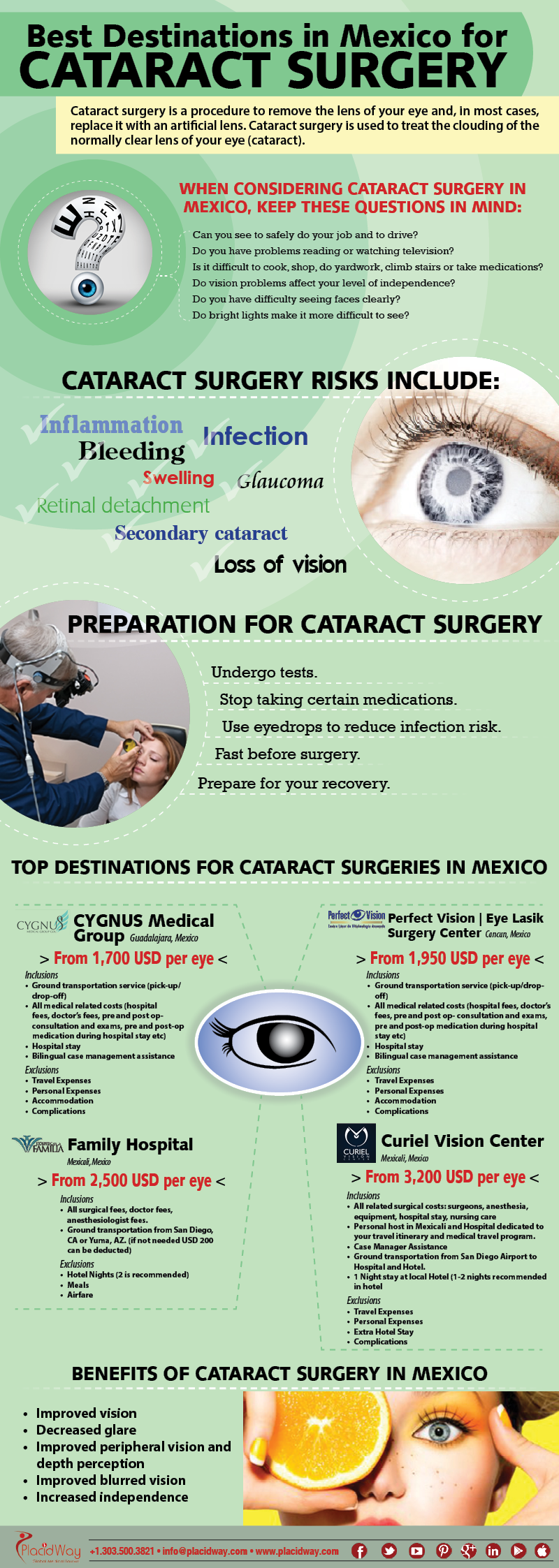Demystifying Refractive Lens Exchange: Crucial Insights That May Be Missing Out On From Your Ophthalmologist'S Description
Demystifying Refractive Lens Exchange: Crucial Insights That May Be Missing Out On From Your Ophthalmologist'S Description
Blog Article
Material Create By-Bilde Sandberg
Have you ever thought about Refractive Lens Exchange (RLE) as an alternative for vision modification? While it isn't as widely reviewed as LASIK, RLE could be a game-changer for your vision. Many individuals neglect its benefits, thinking standard techniques are their only selection. But what are the genuine benefits, and what might your optometrist not be informing you about this procedure? Let's check out the ins and outs of RLE with each other.
Comprehending Refractive Lens Exchange: The Fundamentals
Refractive lens exchange (RLE) is a surgical procedure that can considerably enhance your vision, particularly if you're handling presbyopia or extreme refractive errors.
Throughout RLE, your eye surgeon removes your eye's all-natural lens and replaces it with a man-made one customized to your vision requires. This treatment can remedy nearsightedness, farsightedness, and astigmatism, providing you clearer vision without relying on glasses or get in touch with lenses.
The surgery is typically quick, taking less than an hour, and the majority of patients experience minimal pain. Healing is reasonably quickly, allowing you to go back to your daily activities soon after.
If you're taking into consideration RLE, seeking advice from your eye doctor can help you determine if it's the ideal option for you.
Key Differences In Between RLE and Traditional Cataract Surgery
While both refractive lens exchange (RLE) and typical cataract surgical treatment include changing the eye's natural lens, their primary goals and individual accounts vary considerably.
RLE is targeted at people seeking to lower their dependence on glasses or get in touch with lenses as a result of refractive errors, commonly prior to cataracts create. On the other hand, typical cataract surgery normally targets people who have actually established cataracts, which shadow the lens and harm vision.
The lenses used in RLE can offer a broader range of vision adjustment, while common cataract surgical treatment normally involves fundamental monofocal lenses.
Furthermore, RLE prospects are commonly more youthful and in excellent total health and wellness, whereas cataract individuals may be older and have other health and wellness problems.
Picking the best procedure relies on your specific vision needs and scenarios.
Prospective Benefits and Factors To Consider of RLE
If you're taking into consideration refractive lens exchange (RLE), you'll locate several potential benefits that may improve your lifestyle.
RLE can give you with clearer vision, decreasing or eliminating the requirement for glasses or call lenses. https://www.healthline.com/health/lenticular-lenses supplies an opportunity to resolve presbyopia and other refractive errors concurrently, usually improving your general visual acuity.
In addition, RLE can be a terrific choice if you're not a suitable prospect for LASIK. However, it's important to weigh the factors to consider, like the cost, possible threats, and the recuperation duration.
Reviewing your specific needs with your eye doctor can aid you make an educated choice, ensuring you choose the very best path for your vision modification.
Conclusion
Finally, refractive lens exchange supplies a special remedy for vision modification that surpasses what LASIK can provide. It's necessary to evaluate the advantages against potential dangers and costs prior to deciding. Don't be reluctant to ask your optometrist the tough questions to ensure you fully comprehend the procedure and its ramifications for your vision. With the appropriate information, you can confidently select the best alternative for your eyes and way of life.
